Ofcom chair talks getting more public service content on platform, regulator’s view on PSB mergers and need for more creative funding
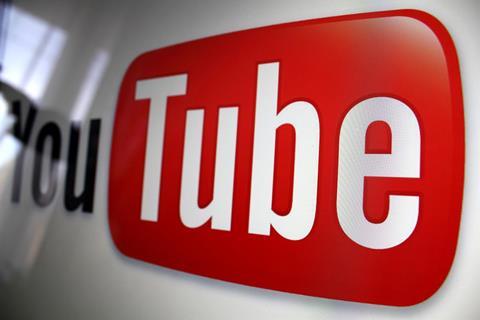
Ofcom chair Michael Grade has said YouTube is becoming the “winning platform” in the media landscape and urged the government to “look seriously” at enforcing PSB prominence on the Google giant.
Grade spoke to Broadcast exclusively after unveiling what he called a “seminal” report on public service media, which urged PSBs to work harder to create content audiences want to watch on YouTube and to work with YouTube to ensure their content is prominent on its service.
“YouTube has declared that it is the ‘new television’ - and it is achieving that aim. This is a huge shift enabled by smart TVs and people becoming more media literate,” he said.
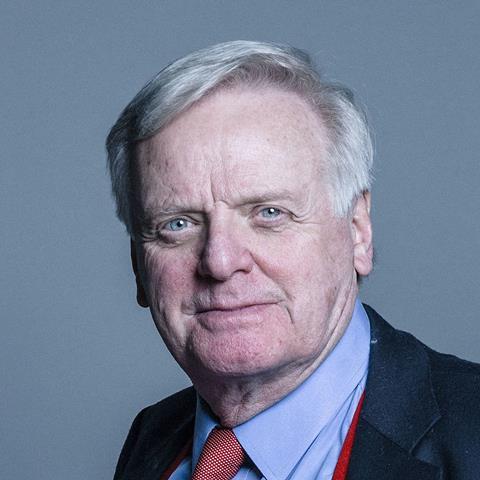
“With 80% of homes having smart TVs – and that number growing – it is obvious that YouTube is becoming the winning platform for the distribution of content [people want to watch].”
He added: “It is not a question of us telling broadcasters where they should be displaying their wares. If they are going to follow the audience, they have got to have a position on YouTube.”
Grade said it should be up to the individual broadcasters to decide what their YouTube content looks like – whether it is simply putting more of their existing shows onto the platform or creating more YouTube-specific programming.
“Because of structural changes in the sector, public service broadcasting as we know it is almost an endangered species, and we will miss the rich range of programmes when they are gone.
“We are very anxious that Ofcom is, in a sense, the canary in the mine telling people that this is a very challenged sector.”
Grade urged the government to apply the same legislation that requires ‘appropriate prominence’ for PSBs on smart TVs (CTVs) and other devices to YouTube.
“The government has set a precedent in the Media Act. Can we now apply that where the audience is going, which is to YouTube? It’s a decision for the government and for parliament, but we would recommend they look at this seriously,” he said.
He roundly rejected the idea that PSBs might not get the prominence they have been promised, insisting that CTV manufacturers and streamers “have to comply”.
“I’m not concerned. It will happen. It has to happen. It is the law of the land,” he said.
BBC challenges
Grade acknowledged that, because it is mainly funded by licence fee payers, the BBC faces separate challenges to the other commercial PSBs when it comes to YouTube content. Questions include whether it will start making money on first-run content through ad revenue and whether geo-blocking would be applied on the platform so that non-UK viewers don’t get free access to its output.
According to Grade, many of these “complexities” are for the BBC board and the government to hash out, rather than Ofcom.
But he pinpointed advertising as an area which requires a lot of consideration.
“You’ve got to be very careful about advertising at the BBC, because if you add it to the list of places where advertisers can buy time, the pot of money isn’t going to increase overall to allow for that, and you might end up impoverishing other important players in the sector who rely on advertising for their revenue,” he said.
Grade said the PSBs would have to reach “sensible” commercial terms of trade with third-party platforms to effectively monetise their content on those platforms, with Ofcom potentially adjudicating on pricing if they were unable to do so amongst themselves.
The report asked the government to make a decision by early 2026 on the transition of TV services to the internet only. Grade suggested it would help to have more clarity on when the digital switchover might happen - although he insisted the government “fully understands” the urgency around this issue.
“When we switched from analogue to digital, the date was set years ahead,” he said.
“Everyone needs to know what they are working to. There is a lot of work to be done because we don’t want to leave people behind in the big DTV switch off. The sooner we get certainty about the date the better - whatever that date is.”
PSB collaboration: mergers, funding and “shocking error” of no combined streamer
After today’s wide-ranging report also called for more ambitious strategic partnerships between PSBs, Grade did not take a position either for or against PSB mergers, saying these are “matters for shareholders and financial regulators”.
But he staunchly backed the idea of greater collaboration, citing 2008’s proposed joint PSB streaming venture Project Kangaroo as a lesson.
“Everyone knows the decision to disallow Project Kangaroo was a shocking error that has handed the market to the American streamers,” he said.
“They failed to anticipate what would happen in the market if we weren’t allowed to compete with one voice – and we are paying the price now.
“But there is still time to play a bit of catch up. Are there areas [PSBs] could work more closely? The question of cooperation and finding ways to save and create more money to invest in British programmes is what interests me.”
He urged the sector and the government to find more “creative” ways to help PSBs sustain their investment in British production without leaning on the taxpayer, pointing to ideas like production tax breaks or a streamer levy.
“It’s not for us to invent fiscal policy for the government, but there is a shortfall looming which is quite serious,” he said.
“As the next step, I would like to see inspection of all the ideas to shore up the finances of public service broadcasting. How can we raise a pot of money at a time when the nation’s finances are not a flush? That is the exam question.”
He added the PSBs could also “do a bit better themselves” to take more programming risks and “be ahead of public taste”.
“No streamer has the range of programmes for British audiences that exist on PSBs. You’ve got to play to and promote that USP,” he said.
Grade pinpointed news as a particular area that needs more support.
“In an age of mis- and disinformation, impartial news is crucial,” he said.
“News has important value in giving a channel relevance; if you look at the News at Ten on ITV, 5 and the BBC, they are each distinctive and say an awful lot about your channel’s brand.
“We are worried that if things don’t change, we could end up with the BBC as the last impartial news source standing. We want multiple trusted sources of international, national and regional news and we can’t afford to lose that as a democracy. I have become more and more restless at night worrying about this.”
He concluded that he hopes the new report will “focus minds”, saying: “We must never forget that public service media is the engine for the growth of the whole of the creative industry which is the envy of the world.”


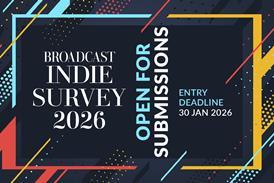

















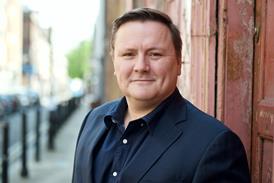
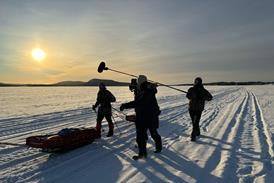







No comments yet